Difference Between PayPal Personal vs Business Account
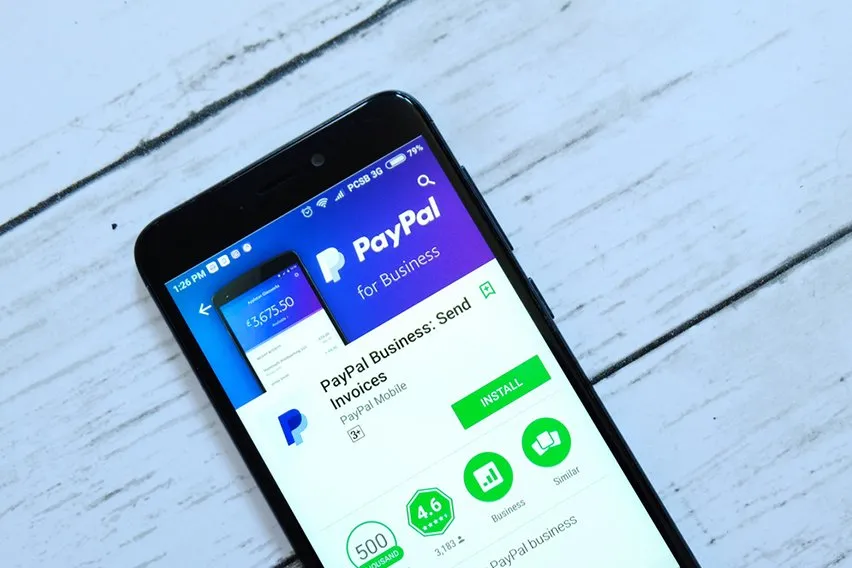
If you accept online payments, you’ve almost certainly heard of PayPal. It’s by far the largest online payment processing company, providing services to businesses and the public. It also provides convenient invoicing services to help you keep your records straight.
But what many people don’t know is that there are actually two kinds of PayPal accounts: personal and business. So, what makes a business account different from a personal account, and when would you want one? Let’s take a closer look at both types of account.
Here’s What We’ll Cover:
PayPal Personal Account Basics
PayPal Business Account Basics
Using PayPal Business to Accept in-Person Payments
PayPal Personal Account Basics
A PayPal personal account is primarily designed for people who make online purchases. You can use it at most online stores. You can also send personal payments to your friends.
That said, you can also use these accounts for selling. To use one example, PayPal is the default payment option on eBay. If you’re selling an old guitar or some classic video games, you can use your account to accept payment.

On the other hand, there are a handful of downsides to a personal account. For one thing, you won’t be able to accept in-person payments, nor will you be able to accept invoice payments. You also won’t be able to set up subscription payments.
Perhaps most significantly, the buyer will be able to see your full name. If you’re doing business under a company name, this will look unprofessional. In other words, this type of account is best for people who want to make personal transactions or send money between people.
A personal account requires some basic information to get started. You’ll need to provide your full name, a valid email address, your physical address, and your phone number. If you want to use your PayPal account to make payments, you’ll also need to provide a credit card, debit card, or bank account number.
PayPal Business Account Basics
A PayPal business account comes with all the features of the personal version, along with several additional features. They’re designed to meet the needs of professional users, from freelancers to large business entities.
One crucial aspect of a business account is that it integrates with most ecommerce platforms. If you have an online storefront, you can accept PayPal payments directly from your store. It even supports subscription services. Online merchants can accept regular payments and offer monthly shipments.
If your business uses PayPal for invoicing, you may also want to integrate it with your accounting software. You may also want multi-user support for your account. PayPal business accounts allow access for up to 200 unique logins, each with its own level of access.
These accounts include features like label printing and payment tracking. You even get access to merchant services and 24/7 customer support. And you can accept credit card transactions in person.
Finally, a PayPal business account can be registered under a company name or a DBA, not just as your personal name. This protects your privacy from strangers on the internet. It also presents a more professional look for customers.
To set up PayPal business, you’ll need all the same information you’d need for a personal account. However, you’ll also need the business name and address, and the company phone number. A bank routing number is also required at time of setup. You can add additional accounts later on.

Using PayPal Business to Accept in-Person Payments
To accept credit card payments, as opposed to simple PayPal payments, you’ll need to be a PayPal business account holder. You’ll also have to download the PayPal app, and purchase a PayPal card reader. Card readers are widely available, and range from inexpensive to premium options.
Regardless of what you choose, look for a reader that supports the latest card features. At the bare minimum, it should be able to read chip cards. Support for near field communication (NFC) is also a plus.
How you want to use the card reader is up to you. For selling in the field, such as at a trade show, you can use your smartphone. If you have a permanent, brick-and-mortar store, you can set up a tablet for semi-permanent use.
Key Takeaways
As you can see, both PayPal business and personal accounts have a lot to offer. But if you’re using PayPal with any kind of regularity, you really want to use a business account. There are too many essential features that you’ll be missing out on with the personal version.
The invoicing, multi-user access, and shipping label printing are all important things for companies to have. And if you need to accept in-person payments, it’s the only game in town.
Read more about banking, finance, and accounting for small businesses on our resource hub.
RELATED ARTICLES

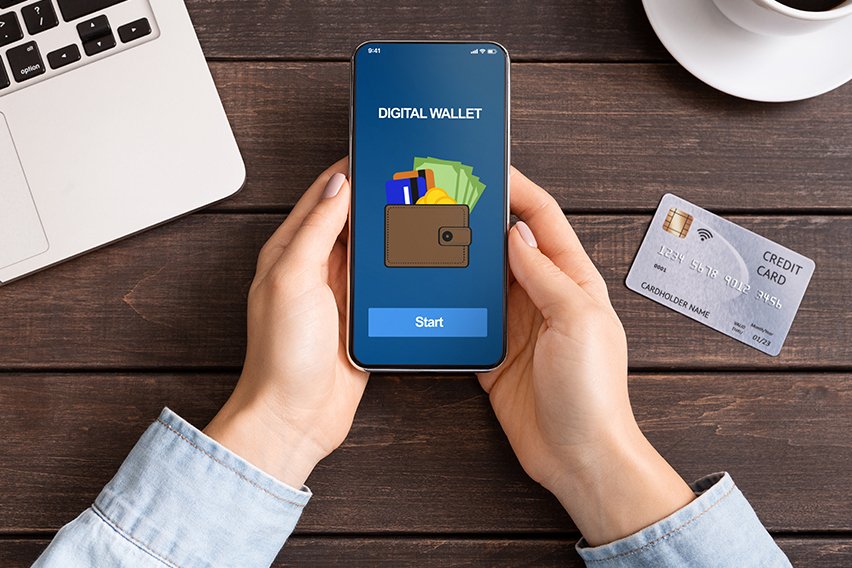 What Is a Digital Wallet and How Does It Work?
What Is a Digital Wallet and How Does It Work?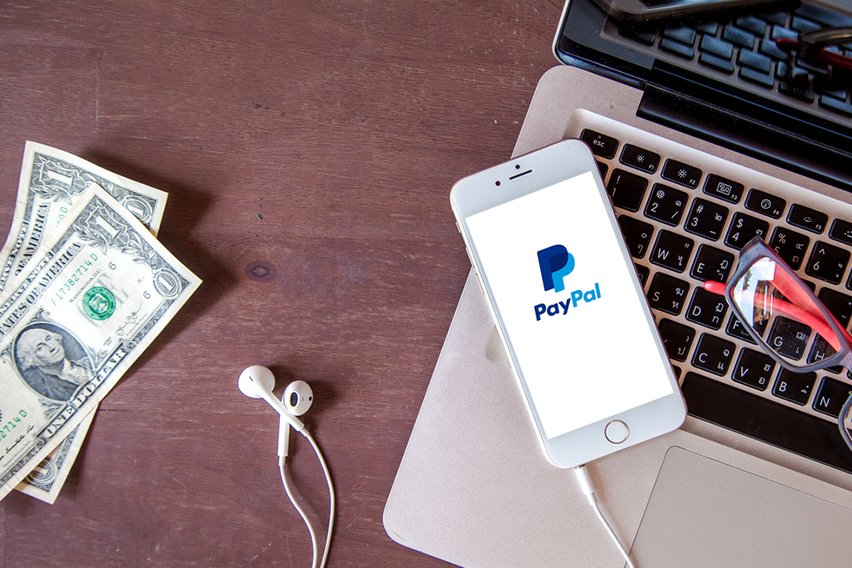 How Long Does a PayPal Refund Take?
How Long Does a PayPal Refund Take?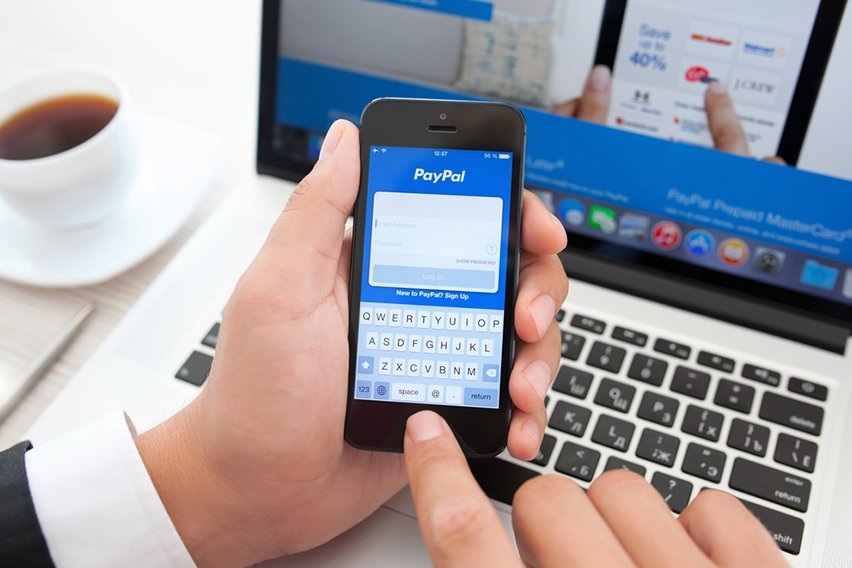 How to Cancel a PayPal Payment: Tips & Tricks
How to Cancel a PayPal Payment: Tips & Tricks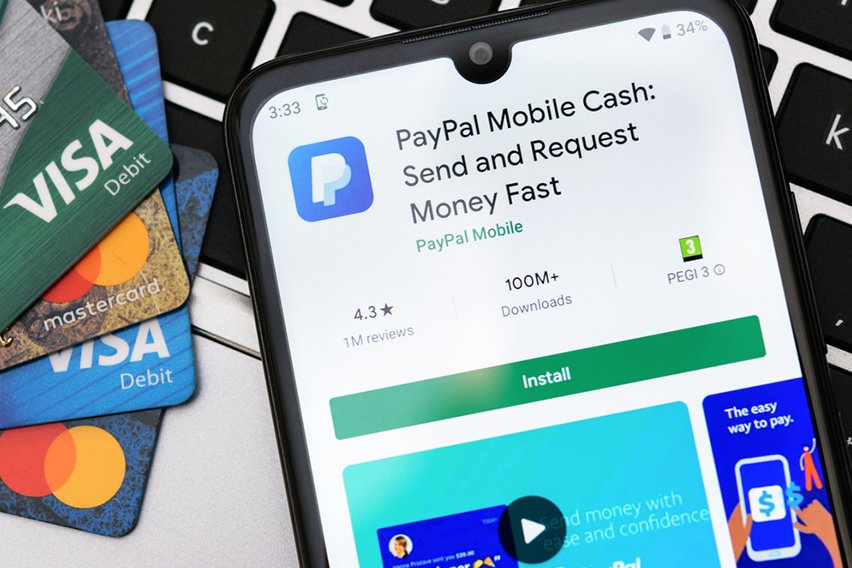 How To Add Money To Paypal From Debit Card [2025]
How To Add Money To Paypal From Debit Card [2025] Semi-Monthly vs BI-Weekly Payroll: What’s the Difference?
Semi-Monthly vs BI-Weekly Payroll: What’s the Difference?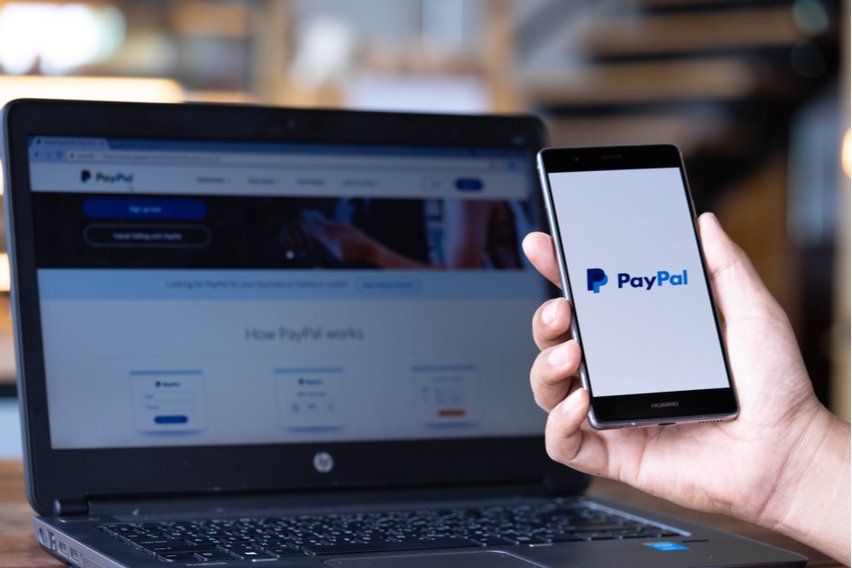 How to Pay With PayPal: A Step by Step Guide
How to Pay With PayPal: A Step by Step Guide